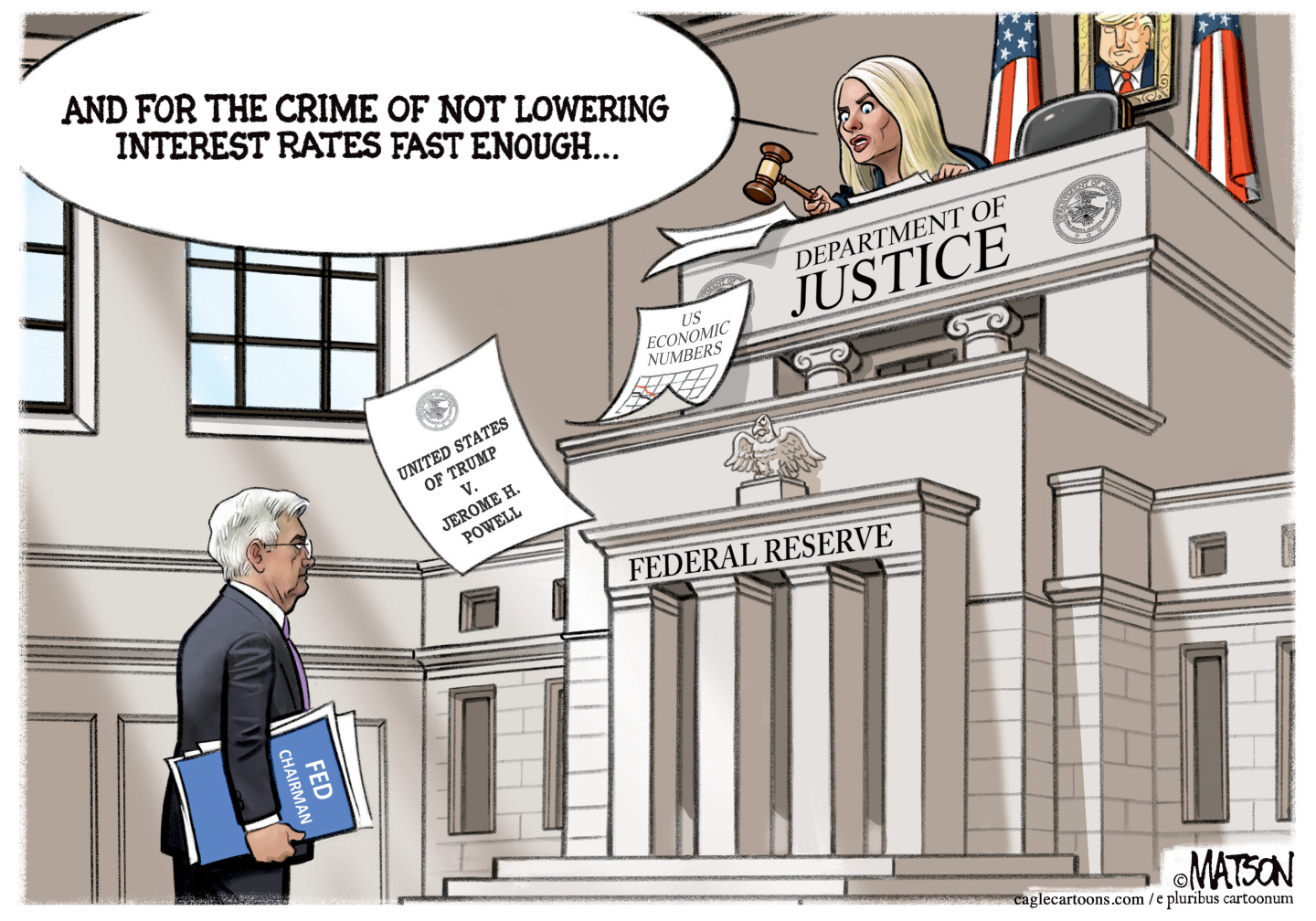OPEC is dead
And it's never coming back


Oil prices have plummeted since the Great Recession. The price of a barrel of oil peaked at nearly $150 in the summer of 2008. Today, the price has skidded below $50.
It's an understatement to say that this is a major development. It has had enormous financial consequences, helping to juice an otherwise sputtering global economy. It has had environmental consequences, of course. And it has had geopolitical consequences, since many countries depend on oil for a big chunk of their revenue, particularly authoritarian countries that use oil money to keep the people happy despite the authoritarianism.
It's the last point that really counts. The countries that most benefit from high oil prices are not happy about the new normal. Indeed, the slide in oil prices has plunged Saudi Arabia, Russia, and Venezuela into economic crises that could have major political consequences.
The Week
Escape your echo chamber. Get the facts behind the news, plus analysis from multiple perspectives.

Sign up for The Week's Free Newsletters
From our morning news briefing to a weekly Good News Newsletter, get the best of The Week delivered directly to your inbox.
From our morning news briefing to a weekly Good News Newsletter, get the best of The Week delivered directly to your inbox.
The follow-on effects are manifold: It's a good bet that part of the motivation for Vladimir Putin's troublemaking around the world is to shore up his popularity at home, which has taken a beating because of the economic crisis (not to mention Russia's rampant corruption). Meanwhile, Saudi Arabia is opening up and reforming its financial system and its economic governance, since it can no longer afford to keep everyone in the country on the dole.
Venezuela is in a state of utter collapse because the Chavez regime had replaced a functioning economy with a house of cards of handouts, with largesse both for the poor and for regime insiders — all funded by oil money.
The point is, a lot of countries want to prop up global oil prices. And they used to have a way to do that: OPEC.
OPEC is an international cartel of oil-producing countries. And OPEC countries, led by Saudi Arabia (fancy that), recently agreed to keep cutting oil production to prop up global oil prices.
A free daily email with the biggest news stories of the day – and the best features from TheWeek.com
But it won't work, because OPEC is dead.
Part of the reason why OPEC is toast is that while it's in the collective interests of the members of the cartel to fix prices, it's also in the interest of every individual member to break the cartel to make more money. Already, Iran, which needs to sell more oil to prop up its economy as international sanctions are lifted, is making noise about not respecting the agreement.
But there's a more fundamental reason why OPEC is failing: It no longer holds the cards. And that's because fracking has massively expanded the global oil supply. Today, the U.S. produces as much oil as Saudi Arabia. The U.S. is not part of OPEC.
Fracking matters not just because it's a new oil source, but because of the way it works. Extracting shale oil is not like extracting oil in the conventional sense. As Citi analyst Ed Morse, who forecast the shale revolution, explains, in fracking, the oil that is trapped in dense shale formations is blasted free, then extracted. A traditional oil well can take a very long time to come online. But a shale oil well can be operated much more cheaply, quickly, and at will. This means that shale producers can adjust supply to meet market demand — as opposed to political concerns — much more easily.
When oil prices hit bottom, it hit the fracking industry hard. But while many small producers suffered, the industry as a whole came out healthier and more flexible. And now, as an industry, shale oil is a "tails I win, heads you lose" proposition: If prices are low, they benefit because their oil is cheaper to produce; if prices are high, they benefit because they make more money and can invest in more shale wells.
OPEC is a dead cartel walking. Nothing can save it from the massive structural change in the world's energy mix.
Editor's note: This article originally mischaracterized the countries leading OPEC. It has since been corrected. We regret the error.
Pascal-Emmanuel Gobry is a writer and fellow at the Ethics and Public Policy Center. His writing has appeared at Forbes, The Atlantic, First Things, Commentary Magazine, The Daily Beast, The Federalist, Quartz, and other places. He lives in Paris with his beloved wife and daughter.
-
 Why Greenland’s natural resources are nearly impossible to mine
Why Greenland’s natural resources are nearly impossible to mineThe Explainer The country’s natural landscape makes the task extremely difficult
-
 The Week contest: Post-surgery Spanish
The Week contest: Post-surgery SpanishPuzzles and Quizzes
-
 Political cartoons for January 14
Political cartoons for January 14Cartoons Wednesday’s political cartoons include Jerome Powell's rap sheet, holiday bill blues, and more
-
 Why Greenland’s natural resources are nearly impossible to mine
Why Greenland’s natural resources are nearly impossible to mineThe Explainer The country’s natural landscape makes the task extremely difficult
-
 Iran cuts internet as protests escalate
Iran cuts internet as protests escalateSpeed Reada Government buildings across the country have been set on fire
-
 US nabs ‘shadow’ tanker claimed by Russia
US nabs ‘shadow’ tanker claimed by RussiaSpeed Read The ship was one of two vessels seized by the US military
-
 How Bulgaria’s government fell amid mass protests
How Bulgaria’s government fell amid mass protestsThe Explainer The country’s prime minister resigned as part of the fallout
-
 Femicide: Italy’s newest crime
Femicide: Italy’s newest crimeThe Explainer Landmark law to criminalise murder of a woman as an ‘act of hatred’ or ‘subjugation’ but critics say Italy is still deeply patriarchal
-
 Brazil’s Bolsonaro behind bars after appeals run out
Brazil’s Bolsonaro behind bars after appeals run outSpeed Read He will serve 27 years in prison
-
 Americans traveling abroad face renewed criticism in the Trump era
Americans traveling abroad face renewed criticism in the Trump eraThe Explainer Some of Trump’s behavior has Americans being questioned
-
 Nigeria confused by Trump invasion threat
Nigeria confused by Trump invasion threatSpeed Read Trump has claimed the country is persecuting Christians
